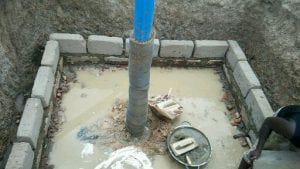
Agriculture
February 12, 2024
Bhungroo
Read SolutionImplemented by
Naireeta Services
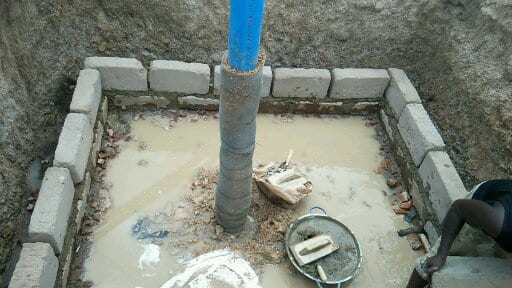
Updated on September 12, 2024
·Created on September 15, 2020
Bhungroo is a water-harvesting system that stores excess floodwater in the soil.
Bhungroo water harvesting system, developed by Naireeta Services, is a rainwater conservation technology designed to address waterlogging and drought issues in farmers’ fields, particularly in areas with annual rainfall ranging from 400 to 2100 millimeters. The name “Bhungroo,” meaning “straw” or “hollow pipe” in colloquial Gujarati, reflects the system’s use of pipes, 10 to 15 cm in diameter, that filter, inject, and store excess rainwater in a subsurface zone during monsoons.
This technology helps farmers by storing water below the surface soil, enabling them to grow crops in waterlogged soils after rainstorms and retrieve the stored water to irrigate their farms during dry seasons. The Bhungroo system efficiently conserves water, requiring just 1 square meter of surface space while managing 1 to 4 million liters of water annually.
Target SDGs
SDG 1: No Poverty
SDG 2: Zero Hunger
Market Suggested Retail Price
$4,095.00
Target Users (Target Impact Group)
Community, Small and Medium-sized Enterprises
Distributors / Implementing Organizations
Naireeta Service Pvt Ltd promotes the use of the Bhungroo water harvesting system
Competitive Landscape
Direct competitors include RWC Rainwater Harvesting System.
Regions
Africa, Southeast Asia
Countries
Bangladesh, Ghana, India, Madagascar, Togo, Zimbabwe
Manufacturing/Building Method
The Bhungroo water harvesting system is built on-site upon request of the property owner, using locally available materials such as cement, sand, blocks, and PVC pipes. It requires only one square meter of surface area and can store up to 4 million liters of water per year, effectively freeing 5-10 acres of land from waterlogging after each heavy rainstorm. The water collected can then be used to irrigate over 22 acres of land during the dry season.
Intellectural Property Type
Open-source
User Provision Model
Users can get the product by contacting Naireeta Services. Implementation of Bhungroo by government initiatives like Mahila Krishi Sinchayee Program of Mahatma Gandhi National Rural Employment Guarantee Act program make the product available to resource-constrained farmers.
Distributions to Date Status
Naireeta Service Pvt Ltd by itself has constructed 242 Bhungroos. Through partnerships, over 3375 Bhungroos have been constructed.
Design Specifications
The Bhungroo water harvesting system is designed to prevent waterlogging during the rainy season and provide water for irrigation during the dry season. It consists of a 10 to 15 cm diameter pipe that extends into the subsurface of the soil to a depth of 130 meters, allowing excess water to be stored underground. The system requires a minimum water height of 4 inches at its suction level to function effectively and includes a filtration chamber to ensure clean water storage. The constructed part of the system has dimensions of 2.5 x 100 x 1 meters, and each system can store up to 4 million liters of water. For optimal performance, the subsoil must have permeable layers within a depth of 130 meters to facilitate proper water infiltration and storage.
Technical Support
Technical support is provided by NPSL Enterprise. NPSL also engages and equips women from low income areas to work as agriculture and irrigation consultants for small scale farmers.
Replacement Components
Replacement components for the Bhungroo water harvesting system are provided by the manufacturer and include a ventilation system, foreign body protection system, and a filtration system that complies with government regulations. Modifications and replacements for the filtration chamber are available at varying costs, depending on the specific needs.
Lifecycle
10-15 years
Manufacturer Specified Performance Parameters
The Bhungroo water harvesting system is designed to prevent waterlogging and store water for irrigation, significantly increasing productivity on more than 25 acres of land. With a low capital investment, the system pays off its cost in less than two years, making it an efficient and cost-effective solution for farmers.
Vetted Performance Status
Researchers at the University of Ghana assessed the willingness of local farmers to pay for the construction of the Bhungroo and found that farmers are willing to pay to have this system. The Bhungroo system has further been evaluated by researchers at Stony Brook University and University of South Florida for its ability to help local farmers store water for irrigation. The results from the study indicated that the system efficiently helps farmers to store water for their irrigation practices.
Performance of Bhungroo was vetted by performing a field test at Jagsi, Kpasenkpe, and Weisi. The performance results are shown below:
| Bhungroo Site | Depth (m) | Yield (m3/min) | Static Water Level (m) | Recovery time (minutes) |
| Jagsi | 32.5 | 0.075 | 7.1 | 55 |
| Kpasenkpe | 38.92 | 0.075 | 10.0 | 60 |
| Weisi | 18 | 0.060 | 6.7 | 120 |
Safety
The potential hazard associated with the use of this system is the leaching of farm pesticides and other harmful substances into the stored water, contaminating the water.
Complementary Technical Systems
For the Bhungroo water harvesting system to function properly, at least 4 inches of water is needed at its suction level. Complementary irrigation systems that can be used alongside Bhungroo include a pump to lift water from the system, an overhead tank for on-site water storage and distribution, and either a drip or sprinkler irrigation system for efficiently applying the stored water to crops.
Academic Research and References
Akrofi, N. A., Sarpong, D. B., Somuah, H. A. S., and Osei-Owusu, Y., 2019, Paying for privately installed irrigation services in Northern Ghana: The case of the smallholder Bhungroo Irrigation Technology. Agricultural water management, 216, pp 284-293.
Christoff, P. S., Lewis, N. D., Lu, M. H., and Sommer, J. M., 2017, Women and political participation in India, Indonesia, Thailand, and Vietnam: A preliminary analysis of the local impact of transnational advocacy networks in climate change adaptation. Asian Women, 33(2), pp 1-22.
Owusu, S.; Cofie, O. O.; Osei-Owusu, P. K.; Awotwe-Pratt, V.; Mul, M. L., 2017, Adapting aquifer storage and recovery technology to the flood-prone areas of northern Ghana for dry-season irrigation. Colombo, Sri Lanka: International Water Management Institute (IWMI). 35p. (IWMI Working Paper 176).
Compliance with regulations
Bhungroo follows CGWB standardsInterview with representative
Other Information

Agriculture
February 12, 2024
Implemented by
Naireeta Services
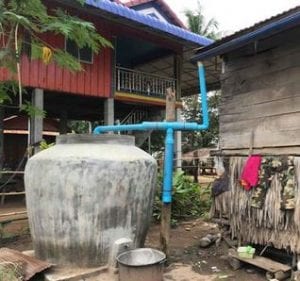
Agriculture
January 30, 2024
Implemented by
RainWater Cambodia
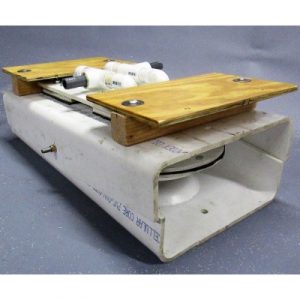
Agriculture
September 10, 2024
Implemented by
Full Belly Project
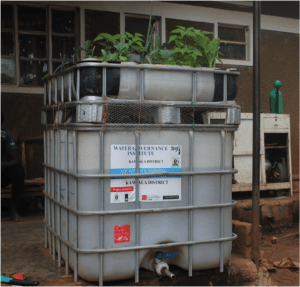
Agriculture
September 18, 2024
Implemented by
Water Governance Institute
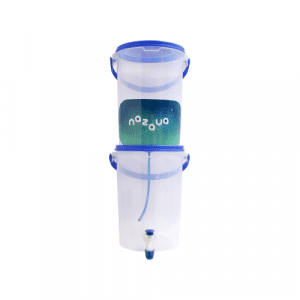
Agriculture
December 7, 2023
Implemented by
Nazava
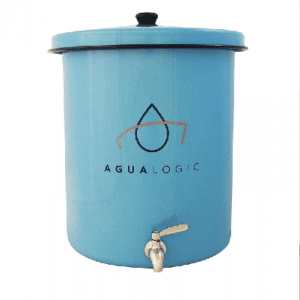
Agriculture
December 7, 2023
Implemented by
Agualogic
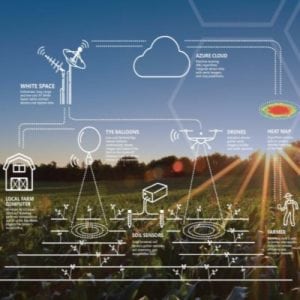
Agriculture
January 6, 2025
Implemented by
Microsoft
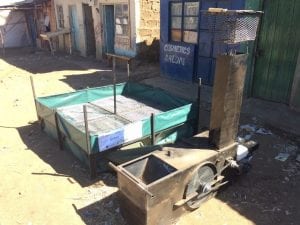
Agriculture
August 21, 2024
Implemented by
Marius Rossouw design engineer Aflastop

Agriculture
August 23, 2024
Implemented by
FOPO
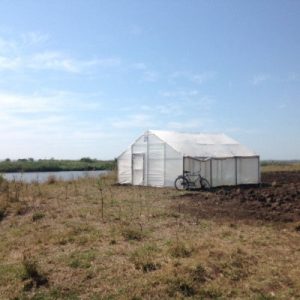
Agriculture
September 19, 2024
Implemented by
Penn State HESE
Have thoughts on how we can improve?
Give Us Feedback